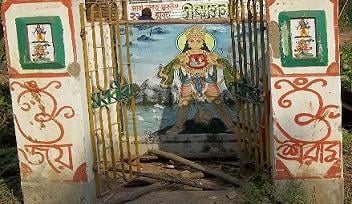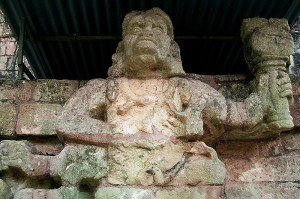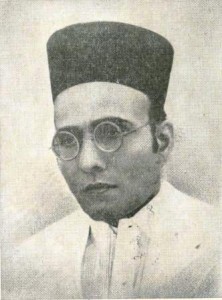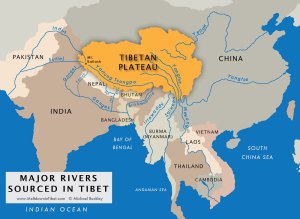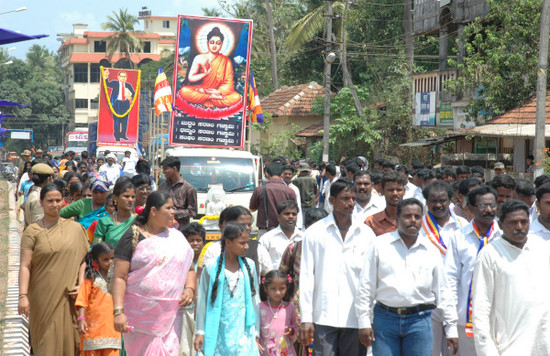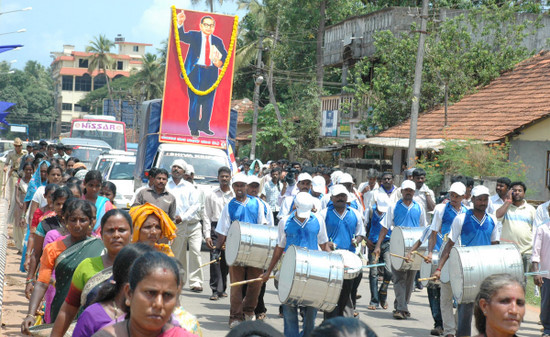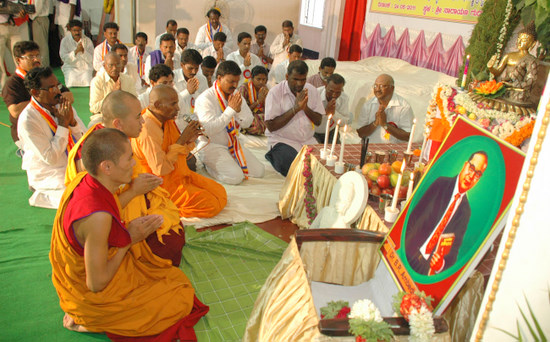What do you mean when you say ‘minority community’? On the face of it the answer to this question is pretty simple- community which is lesser in numbers compared to others. Fair enough. It is for this reason that Sikhs, Christians, Muslims, Buddhists and Zoroastrians have been given this status by our govt (You can check out this list as given on the website of Minority Affairs Ministry here). While this list may have some justification if you take it for the nation as a whole but it does not stand to logic when considered with regard to communal violence, something which the draft PREVENTION OF COMMUNAL AND TARGETED VIOLENCE (ACCESS TO JUSTICE AND REPARATIONS) BILL, 2011” (PCTVB) seeks to address but has the potential to achieve the exact opposite instead.
The draft bill, in no uncertain terms, has laid down the criteria for protection of these minority communities in the event of any violence against them. While there is no doubt that there should not be any violence against them but is it wrong to say that there should not be any violence against the majority community either? But guess what? The law does not remain the same when the roles are reversed, ie when a group of people from minority community attack someone from a majority community the rules change completely. And this is just one major flaw. There are many others too like what happens when members of two different minority communities clash with each other? For example, a Shia-Sunni clash or what happens if Muslims clash with Christians or Sikhs or any other minority community? The law does not amplify this. And if that be so, by default you can make out that this bill is intended to target Hindus and Hindus only. Incidentally, the law is also mum about clashes between two different castes within the Hindu majority.
When you talk of communal violence, the term ‘minority’ should be relevant to that particular situation. If Muslims were a minority in Gujarat riots then Hindus were a minority in Godhra carnage. If riots in Gujarat were wrong (and they were) then so was the burning of train at Godhra. How can you distinguish between the perpetrators of the two? Similarly, in Bombay riots of 1992/3 if 575 Muslims were killed 275 Hindus also lost their lives. If killing of 575 Muslims was wrong (and it was) so was the killing of 275 Hindus, who were quite likely killed when they were outnumbered by groups of Muslims. How can the criminals involved in same riot cases committing similar crimes be treated differently, just because they belong to different communities? Can anyone justify this? I cannot. Maybe the Congress can.
Like I said earlier, in cases of communal violence ‘minority’ is a relative term. It’s implication should change from place A to B and situation to situation. For example, in case of a clash between Christians and Hindus in states like Meghalaya, Nagaland or Mizoram where Christians are much larger in numbers it’d be ridiculous to still consider them a minority in such a scenario. I mean, what relation does it have to the fact that Christians are otherwise a minority in the country? Similar is the case of Sikhs in Punjab and Muslims in Jammu and Kashmir (where this bill will still need the sanction of J&K assembly). As you guys would appreciate, there are thousands of such localities and mohallas across the country where Hindus living there are in a minority. Is it so difficult to fathom that in such cases it is the Hindus who need to be protected? Or is it that the govt does not want to protect Hindus?
Though the issue of giving reservations to minorities in education and jobs may still be justified to some extent I really cannot see why they need to be given special treatment in criminal cases, be it by them or against them. A crime is a crime. Why should the victim’s or for that matter, the criminal’s religion have any bearing on the process of law or the amount of punishment to be meted out? If religion is the rallying point for the state to dish out punishment to perpetrators then how different is it from the motive behind the crimes committed by these very perpetrators. By extension therefore, in such a scenario how different will the state itself be from those criminals who kill in the name of religion? Wouldn’t we as a secular nation flout the basic criteria of any secular civil society or is it that we’re now becoming nonsecular though in the opposite sense?
If the govt still wants to argue that there is no assurance that people of one community will not gang up to attack people from other communities, they can address this issue by bringing about a bill which deals with ‘organized and premeditated attack by a group/person on another group/person’, in which the motive of the attack is clearly established as being ‘religious differences’. Such a bill would take care of citizens belonging to all religions, minority as well as majority.
If our forefathers, while drafting our constitution, did not define the term minority in it they were not fools. They deliberately left it vague for the scars of partition to heal and to enable us to learn to live together peacefully. The leaders of the then Congress party knew very well that concept of minority and majority communities should not be argued beyond a point. But this is not 1950. The Congress of today is not what it was either.
At that time, Congress did not have any major political challengers. Today there are far too many, both at the state as well as national level. Today, Congress feels that just by reaching out to minorities only, they can retain power as, according to them, the Hindu vote would surely be divided. They don’t realize that such polarization can only further communal tensions. Or may be they do but care two hoots as long as they get to come back to power. In their wisdom, secularism implies bashing Hindus and Hinduism. And therefore, there is little doubt that the overall aim of this bill is to ban RSS, VHP and other such like organizations at the slightest opportunity.
At a time when there aren’t any major communal tension cases anywhere in the country and people are learning to live peacefully as witnessed after Ram Janambhoomi verdict by the Allahabad High Court, Congress’s bill is sure to re-polarize our society once again. What Congress does not realize is that if polarization is taken to it’s extremes, it’ll be detrimental to it’s own prospects. And by bringing this bill they may just be shooting themselves in their own foot.
Before I sign off for today, let me ask the minority affairs minister of India, Mr Salman Khursheed whether the welfare of Hindus in states where they are in minority is part of his charter or not? I’m quite sure it isn’t. But then, Hindus haven’t been really part of Congress’s charter for a long time now. I guess we’re fast becoming second rate citizens in our own country, our numbers be damned.
"